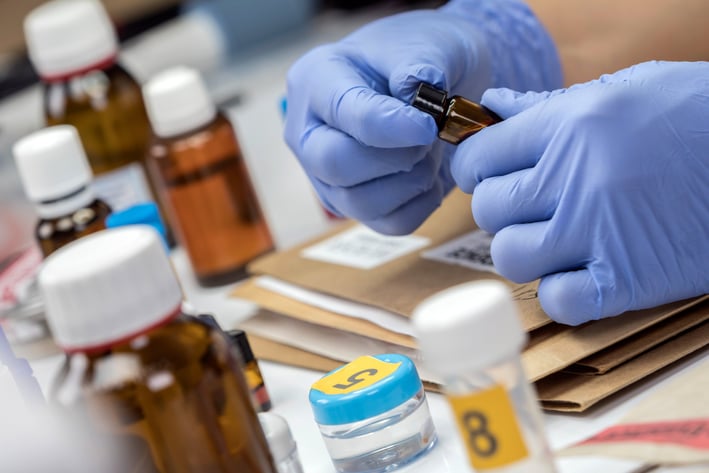Strengthening drug safety monitoring through data-driven approaches
Research Highlight: Advancing Pharmacovigilance
Pharmacovigilance—the science of monitoring the safety of pharmaceutical products—is critical to safeguarding public health. At the Institute for Food and Drug Policy, we are advancing pharmacovigilance by integrating cutting-edge data-driven approaches to enhance the detection, assessment, and prevention of adverse drug reactions (ADRs). As new drugs continue to enter the market and personalized medicine becomes more prevalent, the need for robust, efficient pharmacovigilance systems has never been more pressing.
Our research focuses on improving the accuracy and speed of drug safety monitoring through the use of big data and real-world evidence. By leveraging large-scale health data sets, including electronic health records, insurance claims data, and patient-reported outcomes, we aim to detect early signals of potential adverse effects that might not be identified in clinical trials. Additionally, our work explores the use of machine learning algorithms to analyze these data streams, identifying patterns and predicting ADRs before they become widespread issues. These innovations allow us to more effectively monitor the safety of drugs in real-world settings and address concerns proactively.
A critical aspect of our work is enhancing the reporting and detection systems for ADRs. We are investigating ways to optimize spontaneous reporting systems, such as the FDA’s Adverse Event Reporting System (FAERS), to ensure that healthcare providers, patients, and regulatory bodies can quickly identify and respond to emerging drug safety issues. Furthermore, we are exploring methods to integrate new technologies such as natural language processing and social media monitoring to capture ADR reports from non-traditional sources, expanding the scope of safety data collection.
Our research also delves into drug-drug interactions and drug-food interactions, both of which are key contributors to adverse reactions. By developing comprehensive models that predict how drugs interact with other medications or food, we aim to reduce risks and enhance the safety of drug regimens, particularly for vulnerable populations such as the elderly or those with multiple chronic conditions. This research is especially crucial as polypharmacy—using multiple medications simultaneously—becomes more common.
In addition, we focus on strengthening global pharmacovigilance efforts. Adverse drug reactions may manifest differently across populations due to genetic, environmental, or cultural factors, which is why it is essential to incorporate diverse demographic data into monitoring systems. Our research aims to promote international collaboration on pharmacovigilance, sharing safety data across borders to enhance drug safety surveillance worldwide.
By advancing pharmacovigilance through data-driven methodologies, our goal is to create a safer drug landscape where the benefits of pharmaceuticals are maximized while minimizing potential risks. Our work ensures that patients and healthcare providers can trust the medications they rely on, and that drug safety remains a top priority in healthcare systems globally.


INSTITUTE FOR
FOOD AND DRUG POLICY
Shaping smarter food and drug policies for a healthier tomorrow.
Main Office
info@fooddrugpolicy.org
1215 K Street, #1180, Sacramento, CA 95814
© 2025. All rights reserved.
NORTH CAROLINA OFFICE
555 S. Mangum Street, Suite 100, Durham, NC 27701
530-746-8933
336-663-3301
NEW JERSEY OFFICE
221 River Street, Hoboken, NJ 07030
201-431-2540
